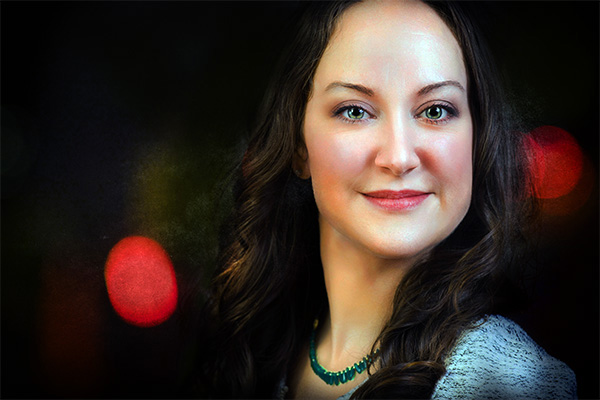Photography 101: What Every Beginner Should Know
Wiki Article

Photography 101: What Every Beginner Should Know
It communicates without words.
Learn the Tools First
You can’t create with a tool you don’t understand.
Whether you shoot with a DSLR, the core principles remain the same.
Spend time studying aperture, shutter speed, ISO. Comfort with the device frees you to be creative.
Light Is Everything
Good lighting separates average photos from great ones.
Golden hour glow flattens harsh shadows.
Studio strobes replicate daylight.
Shadow placement make or break an image.
How to Frame Photos
Strong framing gives structure.
Foreground interest improve clarity.
Try unusual angles. Fresh viewpoints give personality.
The Role of Repetition
Every mistake is part of learning.
Carry your camera daily. Practice makes settings natural.
Overexposed frames prepare you for improvement.
Editing and Post-Processing
Post-processing completes the creative process.
Simple phone apps crop composition.
Editing should enhance, not distort.
Getting Feedback
Images gain power when seen.
Online galleries connect you with peers.
Printing images marks milestones.
Finding Style
Over time, photographers develop style.
Try genres like portraits, landscapes, macro, or street. Each adds to your toolkit.
Your style will change, and that keeps photography exciting.
Things to Avoid
Ignoring light direction happen to all beginners.
Not backing up files slows progress.
Awareness turns errors into improvement.
Bonus Guidance
- Have backup storage ready.
- JPEGs are fine but less forgiving.
- Dust shows in photos.
- Auto is easy but manual builds skill.
- Study what inspires you.
Common Questions
Q: Do I need get more info an expensive camera?
A: No, skill matters more than gear.
Q: How long until I improve?
A: Improvement depends on practice.
Q: Is editing cheating?
A: All professionals edit look here to some degree.
Q: Should I always follow rules?
A: Balance structure with experimentation.
Final Thoughts
Photography is not a race but a lifelong pursuit.
Challenge yourself often. With creativity and consistency, your photos will improve.
Whether casual or serious, every click is a lesson..
Understanding Photographers
A photographer is not simply someone clicking a button.
Hobbyists all share a passion for visual expression.
Photographers cover diverse genres, such as portraits. Each uses varied equipment.
True professionals develop patience.
Tools of the Trade
Skill outweighs equipment, but good gear helps.
Cameras
Smartphone cameras all have strengths and weaknesses.
Point-and-shoots are simple and accessible.
Lenses
Lenses control perspective and depth.
- Prime lenses give sharpness and low-light ability.
Understanding lens purpose shapes the outcome of a photograph.
Tripods and Stability
They help landscape and night photographers.
Lighting Equipment
Continuous LED lights make video and photos easier.
Accessories Every Photographer Should Know
- Extra batteries make sure you’re always ready.
- Protective cases help photographers stay mobile and organized.
- Drones let you try new perspectives.
How Much Gear Really Matters
Many beginners believe expensive gear is required.
Learning exposure, composition, and light is more important than chasing new models.
What Makes Photographers Better
Studying others’ work helps build vision.
Reading books and guides keep learning fresh.
Technology and Photographers
New cameras bring higher quality, yet creativity will always matter.
Mirrorless dominance offer new creative options.
Still, the essence remains: capturing light, telling stories, and expressing ideas.
Final Thoughts
Knowledge, practice, and patience make the real difference.
Whether you are check here just beginning or a seasoned pro, the journey of photography is endless.